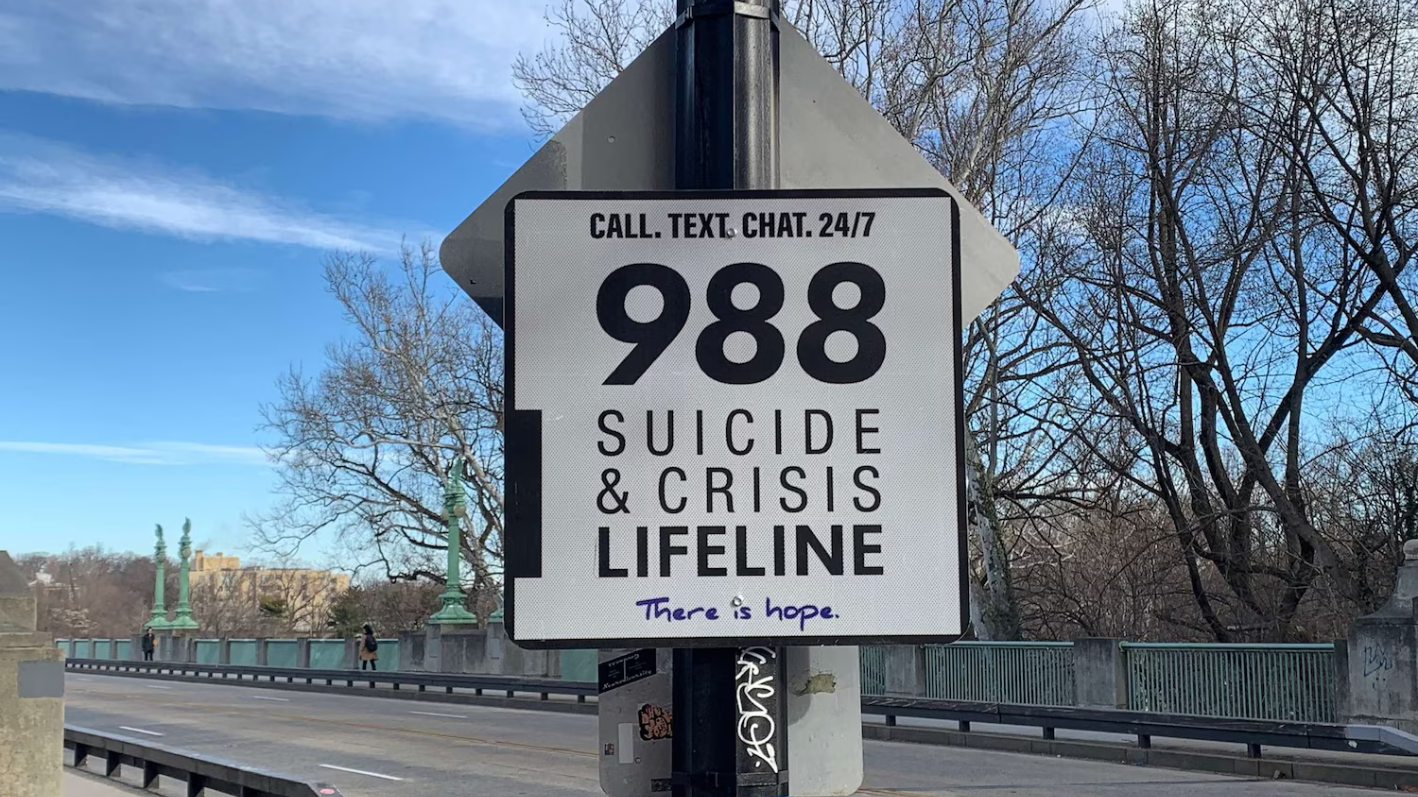
(NEW YORK) -- The Federal Communications Commission unanimously voted Thursday to approve new rules requiring all wireless carriers to implement georouting for calls to the 988 Suicide & Crisis Lifeline in a move it says will help "save more lives."
"Time and again, across many different communities, I have heard stories of how important the 988 Lifeline is for individuals in need of support," Commissioner Anna Gomez said during the FCC's Thursday meeting. "Today we affirm the experiences of these individuals and take steps to enhance the lifesaving capability of this service."
"Doing everything we can to ensure that individuals in a crisis can receive the support they need saves lives and is simply good policy," she added.
When a person calls 988, that call is routed to one of the Lifeline's 200-plus crisis centers around the United States. The new rules will require carriers to route calls based on where the call was placed, allowing for a more localized response. Since the three-digit number launched in July 2022, it has been using area code-based call routing.
"This is a mismatch I have long believed we should fix -- and I believe we can save more lives if we do so," FCC Chairwoman Jessica Rosenworcel said during the Thursday meeting. "Because if we get more people connected to the Suicide & Crisis Lifeline, to resources that are local, we can help more people with more meaningful assistance in more places."
Rosenworcel explained that when the original 10-digit Lifeline number was created in 2005, most calls came in on landlines, so area code routing made sense. Now, she said, almost 80% of calls come from cellphones, creating the need for georouting to provide localized care.
Advocates have called for georouting to be implemented for years, saying callers would benefit from localized follow-up care, though there have been some concerns about caller privacy. Under the new georouting system, calls will be routed based on the location of the cell tower that originates the call, as opposed to the precise location of the caller -- a move meant to protect privacy, according to the FCC.
The order passed Thursday only requires georouting for phone calls to the Lifeline. There is currently no requirement for text contacts to the Lifeline to be georouted. However, the FCC also voted to propose and begin seeking comments on a rule that would require georouting for texts.
Phone calls accounted for about 72% of contacts to the Lifeline for the month of August, according to Substance Abuse and Mental Health Services Administration data. Texts accounted for about 19% of August contacts. The remaining contacts come from web-based chat services, the data showed.
"We're not going to stop working to improve the Lifeline until everyone gets access to the local help and resources that they need," Rosenworcel said.
Last month, wireless carriers Verizon and T-Mobile implemented voluntary georouting for 988 calls placed on their networks -- a move that accounted for about half of all calls to the Lifeline, according to the U.S. Department of Health and Human Services.
"Around 80% of calls to the 988 Lifeline are done through wireless phones, and many people have phone numbers with different area codes from where they live, work or visit," T-Mobile President of Technology Ulf Ewaldsson said at the time. "Georouting ensures that those seeking help will reach the available crisis center nearest their location for support. It's about making sure help is there when and where it's needed most."
All national carriers will have 30 days to implement georouting for their 988 calls. Smaller providers will have 24 months.
Since the 988 launch, the Lifeline has fielded more than 10 million contacts.
If you are experiencing suicidal, substance use or other mental health crises, or are worried about a friend or loved one, please call or text the 988 Suicide & Crisis Lifeline. You will reach a trained crisis counselor for free, 24 hours a day, seven days a week. You can also go to 988lifeline.org.